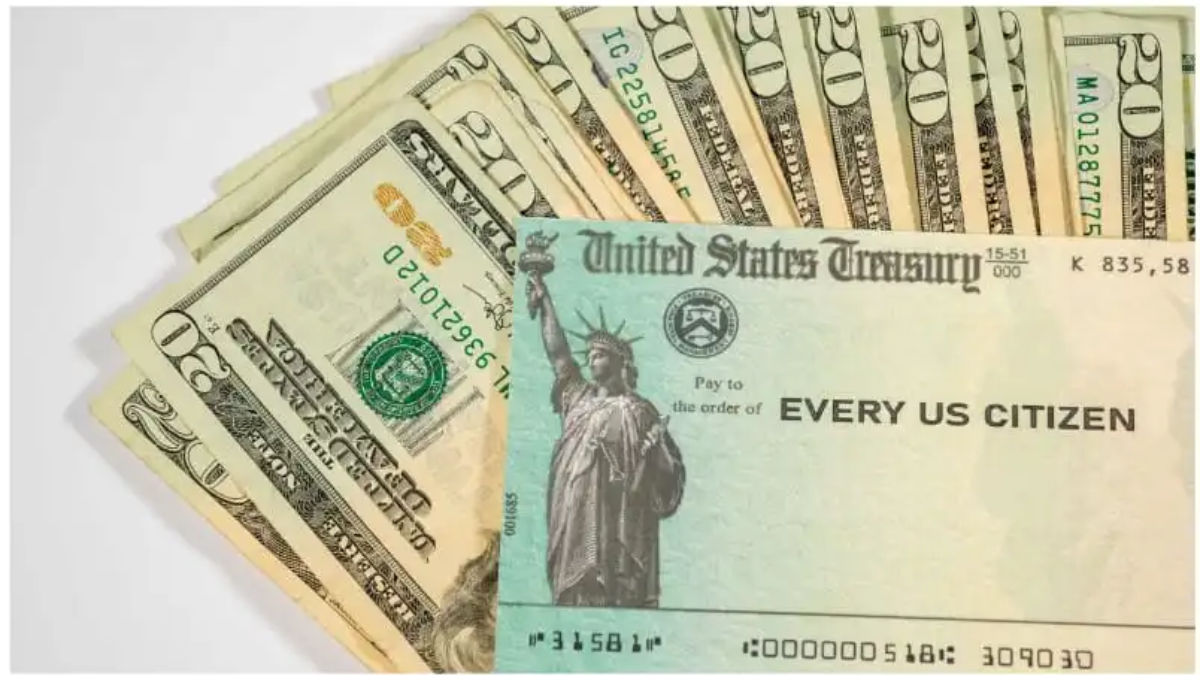As the economic landscape continues to evolve, the IRS is once again preparing to distribute stimulus checks to eligible Americans. These payments aim to provide financial relief to households facing rising costs. But who qualifies for this financial boost, and how can you ensure you’re on the list? Here’s everything you need to know about the latest IRS stimulus check initiative.
Who Is Eligible for the IRS Stimulus Check?
Eligibility for the upcoming stimulus payments will depend on several factors, including income, tax filing status, and dependent information. The IRS typically uses the following criteria to determine eligibility:
- Income Limits
- Single filers earning up to $75,000 annually qualify for the full payment, with reduced amounts for incomes up to $99,000.
- Joint filers with a combined income of up to $150,000 qualify for the full payment, phasing out for incomes up to $198,000.
- Dependents
- Families with qualifying dependents may receive additional payments for each child under 17 years of age.
- Tax Filing Status
- Eligibility is determined based on your most recent tax return. If you haven’t filed for the current tax year, the IRS will use your prior year’s information.
How to Ensure You Receive Your Stimulus Payment
To receive your stimulus check, it’s crucial to ensure that your information with the IRS is up-to-date. Here are some tips:
- File Your Taxes If you haven’t already filed your tax return, do so as soon as possible. Filing promptly ensures the IRS has your most recent income and dependent information.
- Update Direct Deposit Information Providing accurate banking details will allow the IRS to deposit your payment directly into your account, avoiding delays associated with mailed checks.
- Use the IRS Portal The IRS provides an online portal where you can check your eligibility, update personal details, and track your payment.
Common Reasons for Ineligibility
Not everyone will qualify for the upcoming stimulus payments. Here are some reasons why you might not be eligible:
- High Income If your income exceeds the established thresholds, you won’t receive a payment.
- Non-Filer Status Individuals who haven’t filed taxes in recent years may need to take additional steps to claim their payment.
- Incorrect Information Errors in your tax return or outdated personal details can delay or disqualify your payment.
When to Expect Your Payment
The IRS is expected to begin distributing stimulus checks within weeks of finalizing the payment schedule. Here’s what to expect:
- Direct Deposits: Payments will be sent first to individuals with direct deposit information on file.
- Mailed Checks: Paper checks may take longer to arrive, often weeks after the first wave of payments.
- Prepaid Debit Cards: Some recipients may receive their payments on prepaid debit cards, depending on IRS discretion.
How Stimulus Payments Can Help
Stimulus checks have been a lifeline for many households, helping to cover:
- Housing Costs: Rent, mortgage payments, and utilities.
- Groceries: Essential food supplies for families.
- Healthcare Expenses: Medications, doctor visits, and other medical costs.
For many Americans, this financial support provides temporary relief during challenging times.
Conclusion
The IRS stimulus check program is a critical resource for eligible Americans facing financial hardships. By understanding the eligibility criteria and ensuring your tax information is current, you can maximize your chances of receiving this much-needed assistance. For more details and updates, visit the IRS website.
Disclaimer – Our team has carefully fact-checked this article to make sure it’s accurate and free from any misinformation. We’re dedicated to keeping our content honest and reliable for our readers.








